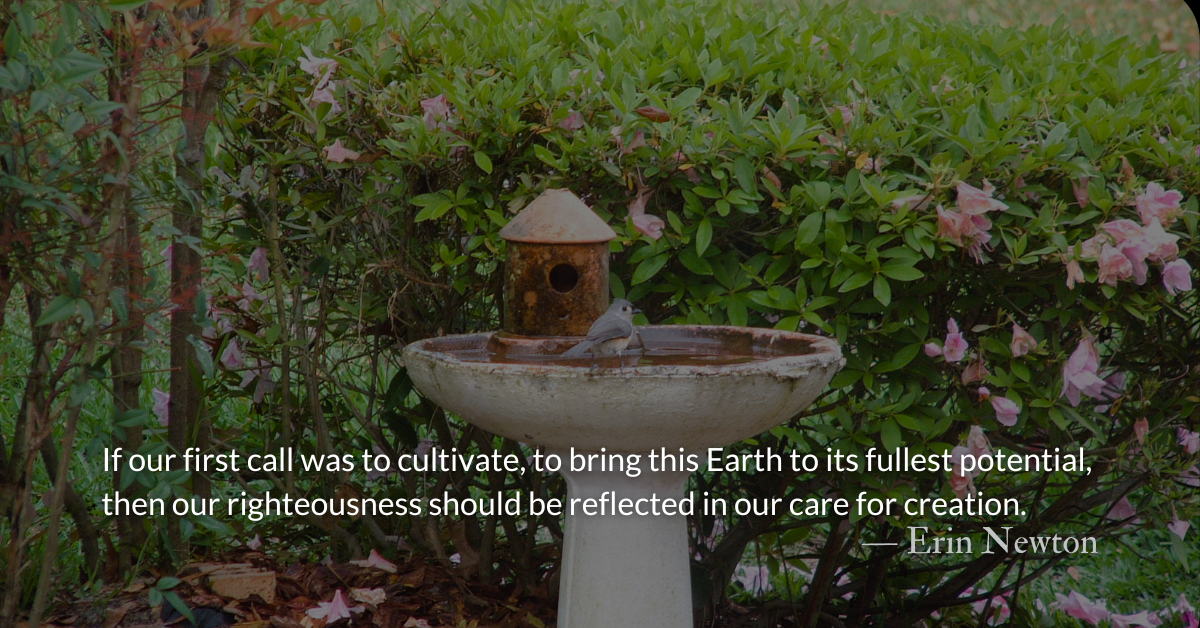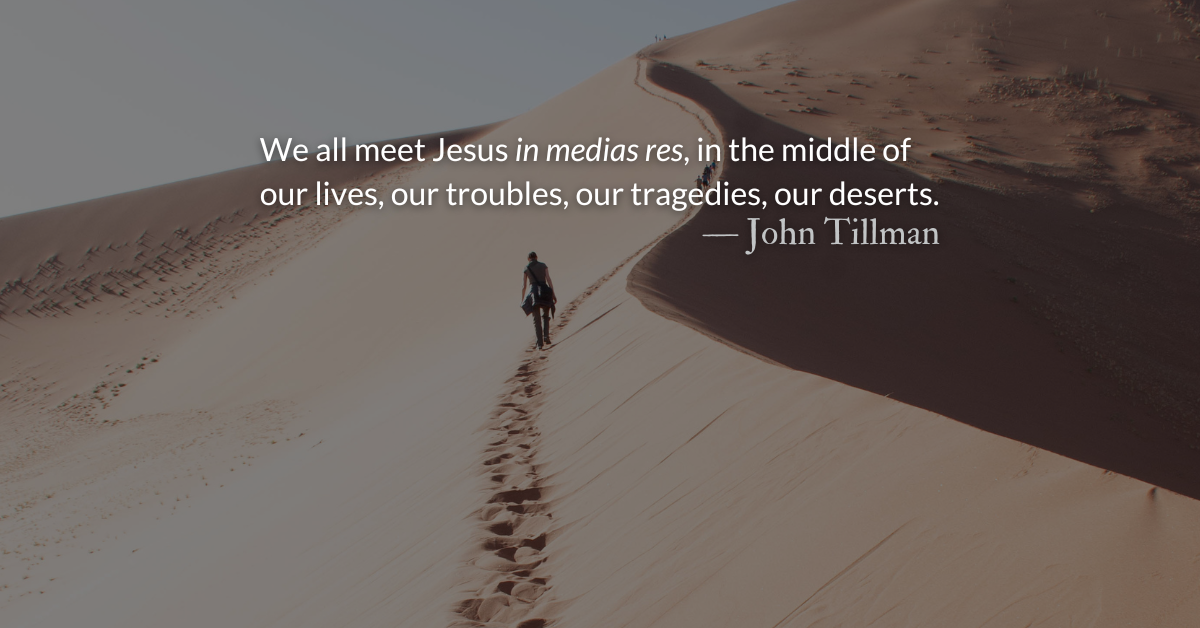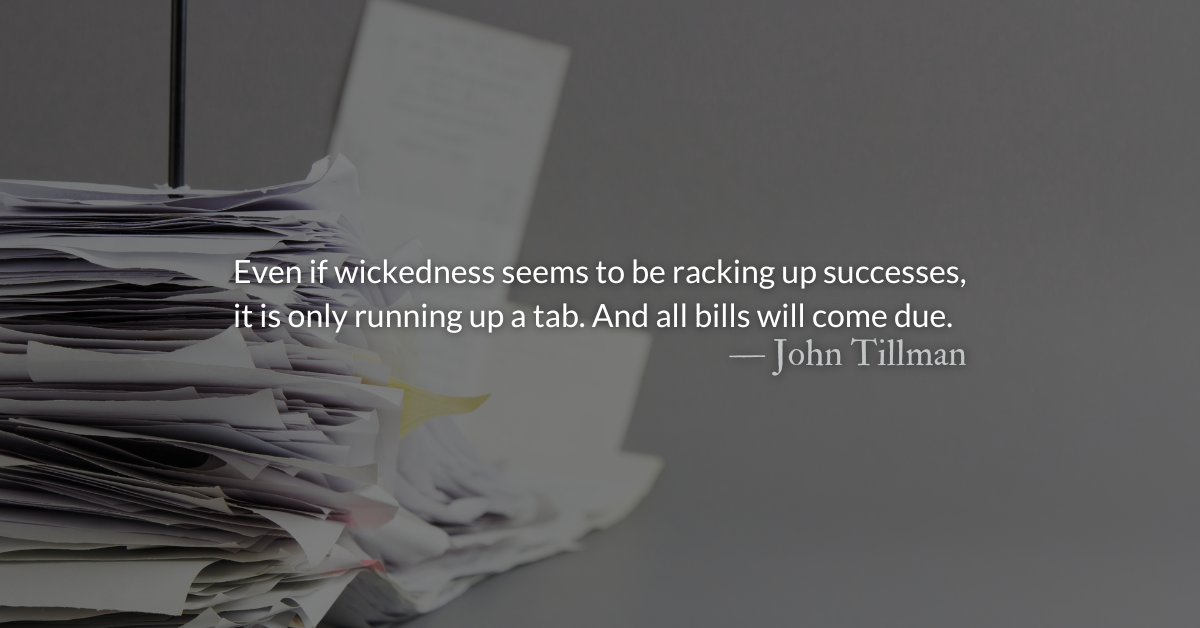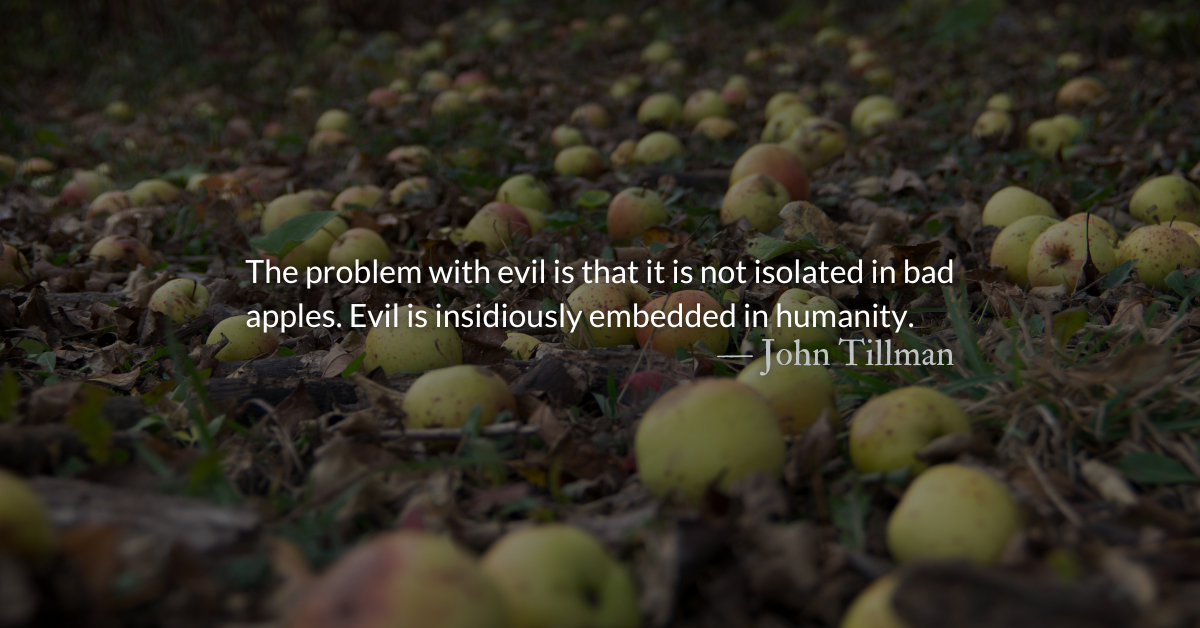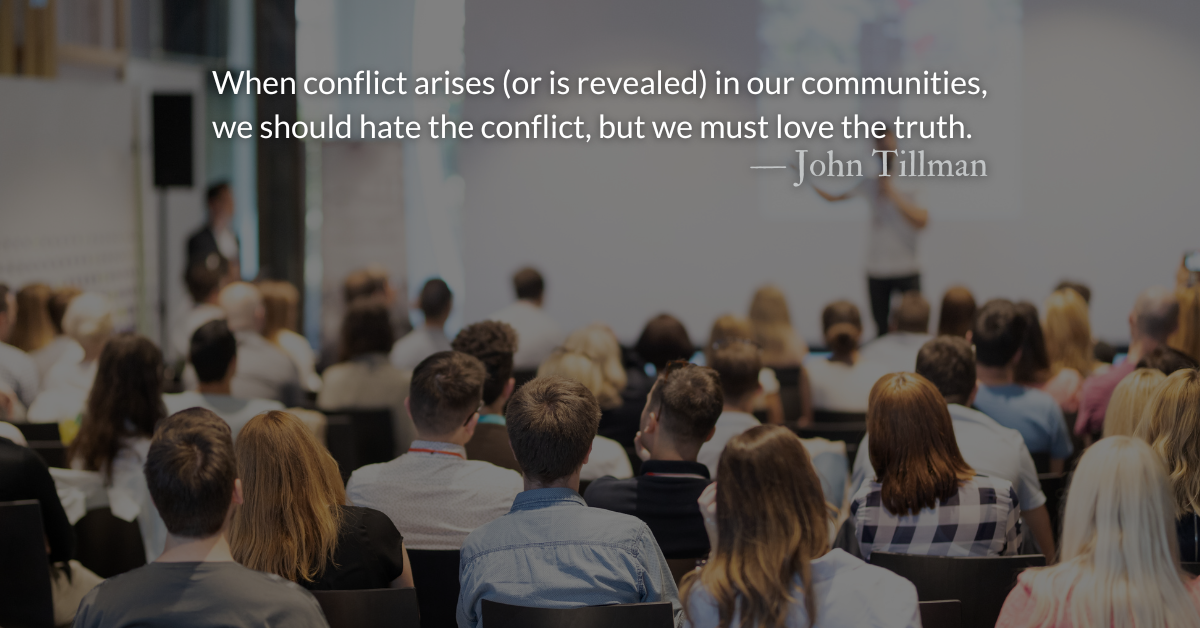Scripture Focus: Proverbs 12:10
10 The righteous care for the needs of their animals,
but the kindest acts of the wicked are cruel.
Reflection: The Spirituality of Bird Feeders
By Erin Newton
When I wake up in the morning, I can hear that the world around me has not slept at all. The sun peeks through the curtains as the Earth slowly spins in orbit. The songs of the birds call me to the window. I see the squirrels rushing from tree to tree. The last remaining leaves rustle in the cold winter breeze.
As I bring in my groceries, the sun stands tall above my head. I hear the call of crows scaring away a pair of hawks. Even when it snows outside, the footprints of the wild bunnies show me that they were passing through my yard at night. An owl lands just out the window. We sit frozen, locked eye to eye.
Before humanity was told to fill this world with our own creations, we were asked to take care of that which God had already made. The first command was to take care of the more ancient citizens of this planet—Nature.
The wisdom in this proverb echoes the call from the dawn of those first few days in Genesis. It was through wisdom that God made all things. Wisdom here is this: The righteous, those who seek to uphold the nature and will of God, tend to the needs of animals.
In some ways, we do a very poor job fulfilling the first request God ever gave to us. We take land and clear it out. Even when we plant, we remove biodiversity with monoculture ecosystems. We limit food sources for wild creatures. We pave paradise.
Jesus told his disciples to consider the ravens: “They do not sow or reap, they have no storeroom or barn, yet God feeds them.” And how? By letting the ground produce plants that will give their seeds and house insects. (Ravens even clear out decomposing rodents—a helpful feature for those of us with sensitive noses and a weak stomach!)
If our first call was to cultivate, to bring this Earth to its fullest potential, then our righteousness should be reflected in our care for creation. It is not unspiritual work to fill up a bird feeder, adopt a pet, or plant flowers for the bees.
We cannot survive this world without our cohabiting creatures. This world is far too big for one person alone to care for them all. We can divide the work and cultivate this world together.
Music:“Feed the Birds,” from Mary Poppins.
Divine Hours Prayer: The Call to Prayer
Wake up, my spirit; awake lute and harp; I myself will waken the dawn. — Psalm 57.8
– From The Divine Hours: Prayers for Summertime by Phyllis Tickle.
Today’s Readings
Proverbs 12 (Listen 3:07)
Mark 2 (Listen 3:55)
Read more about Cultivating Is Supernatural
A stronger faith, and a greater crop yield comes when we invest in cultivation. Cultivation is not natural. It is supernatural.
https://theparkforum.org/843-acres/cultivating-is-supernatural/
Read more about The Cultivating Life
“Cultivation is supernatural,” but the actions of cultivating faith are not ethereal or fanciful. They are the practical, steady doings of the farmer.

